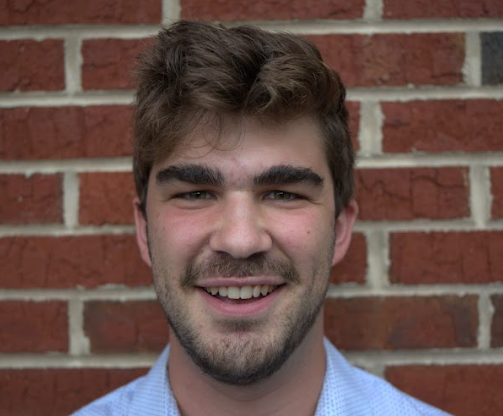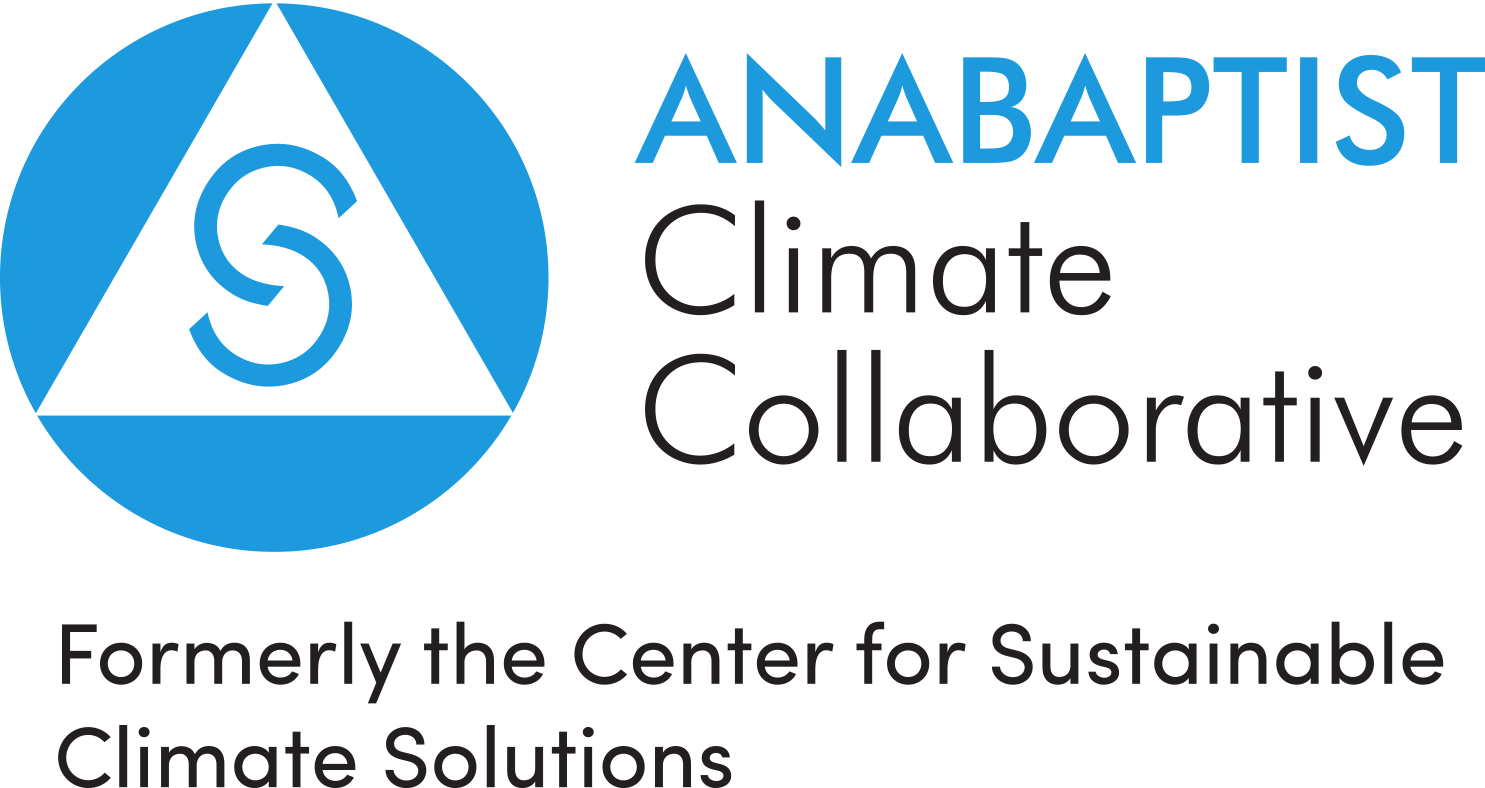Climate Advocacy Internship Update: Micah Buckwalter
This summer I had the opportunity through CSCS to work at the Mennonite Central Committee (MCC) office in Washington, D.C. as a Climate Advocacy Intern. Much of my work was focused on advocating for mining reform laws. This may not seem like a top priority in the climate advocacy realm, but after weeks of researching, attending working group meetings, and sitting in on advocacy visits in congressional offices, I understand the importance of this piece of climate work.
A transition to clean energy sources is essential to decreasing the amount of carbon entering the atmosphere and thus lessening the effects of the climate crisis. But the production of solar panels, electric vehicles, and wind turbines relies on the use of critical minerals such as lithium, cobalt, and nickel. Although these minerals are not carbon-emitting, the mining process can be very environmentally damaging and current laws disproportionately affect indigenous communities in the United States.
Mining on federal land is still governed by the 1872 General Mining Law, which was enacted to drive westward expansion and thus push native peoples further off their land. The 150-year-old law sets mining as the “highest and best use of land,” which makes it difficult for federal regulators to deny project proposals. It requires no consultation with indigenous communities that may be affected, and there are no built-in environmental or clean up requirements which has led to the pollution of 50 million gallons of water daily. Although the mining is done on public land, mining companies aren’t required to pay a royalty so the public gains nothing in the process.

With this in mind, we got to work creating resources that explained the issue and pointed to
possible solutions, like supporting the Clean Energy Minerals Reform Act that was introduced to
Congress in April 2022. Like the name says, this bill would make much needed changes to the
current mining law. At the end of the summer, the MCC office hosted five students from
Mennonite colleges and several CSCS employees for a chance to advocate to their Senators and
Representatives in support of mining reform laws. For many it was the first time they had been to
D.C. and advocated in this way!
Before this summer, I thought addressing the climate crisis would be an uphill battle, but simple
in theory – transfer our energy usage to renewable sources and stop our dependance on fossil
fuels. This internship, however, made it clear that things are not that simple. As we make a clean
energy transition, we must be sure not to do so on the backs of indigenous and other frontline
communities that are too often forgotten. Although there was no significant movement on mining
reform during my internship, it was amazing to see a large climate bill finally make its way
through Congress this summer after years of hard work from advocates in Washington and
around the country. There is still much, much more to be done, but there are brilliant people
working hard every day to see that change come to life.
Micah is currently a senior at Eastern Mennonite University, a previously served as a CSCS Climate Ambassador.

